Caring for a pet is one of life’s most rewarding experiences. However, the inevitable moment when their journey comes to an end can be incredibly difficult.
Cats can live anywhere between 12 to 18 years, with some known to live as long as 20. They are a part of your family for a long time, so reaching the end of their days can feel like a shock. They are also extremely adept at hiding pain, which can make it difficult to know when it’s time for them to part ways with their owners.
Every pet parent wants to ensure that their feline companion dies painlessly, peacefully, and with dignity. So, it’s crucial to look out for some warning signs that your cat is dying to give your beloved cat the extra care they need toward the end of life.
Signs of a Dying Cat
Cats are not known for being the most communicative animals but that’s only because most humans are not aware of their signals. Toward the end of their life, a cat will attempt to relay in several ways that they’re not feeling like themselves.
Signs that a cat is dying can include a number of behavioral changes such as:
-
Sudden changes in sleep schedule
-
Frequent or unnatural mewing
-
Changes in hygiene habits
-
Loss of interest in playtime or human interaction
-
A tendency to hide more
-
More aggressive behavior
-
Lethargy or decreased mobility
There are also several physical signs of a dying cat which include:
-
Sudden and unexplained weight loss
-
Confusion
-
Changes in breathing patterns
-
Poor appetite
-
Muscle twitching
-
Vomiting or incontinence
-
Appearing depressed or listless
-
Tea-colored urine
While cats are generally known to hide their pain, a few of these signs can also indicate that they are feeling discomfort, including hiding under tables and beds and a lack of interest in grooming.
Dying Cat Stages
A number of these signs could, of course, also indicate underlying, treatable illnesses, so pet parents should consult a vet before assuming the worst.
However, if death is imminent, it’s worth familiarizing yourself with the two dying cat stages and what symptoms to expect.
Early Stages
The first signs of a dying cat include lethargy, a lack of appetite, a messy coat, and a decrease in the frequency of urination and defecation. Labored breathing, a loss in muscle mass, and changes in alertness could also occur during the early stages. Some cats may find it too painful to climb into their litter box.
Late Stages
Toward the end of their life, a number of these symptoms will worsen. A cat will stop eating and drinking completely and cease all grooming activities. Due to a lack of oxygen in their blood, a cat may also display signs of restlessness and gasp for breath.
Providing Proper Care for a Dying Cat
The passing of a pet is a tragic, but inevitable reality. Once a vet has confirmed that there is no viable medical treatment, the best a pet parent can do is ensure that their feline companion stays comfortable during their final days.
Here are some measures you can take to support your pet.
Provide Them With a Comfortable Bed
Toward the end of their life, a cat is prone to shivering. Offer them a warm and comfortable bed to lie on — preferably one that’s out in the sun.
Additionally, consider purchasing a warm pet blanket for them to snuggle up in. These blankets are incredibly soft and offer maximum comfort. The cat’s bed should be easily accessible as they may suffer from decreased mobility. One of the most obvious signs of a dying cat includes lethargy, so giving them a soft, warm place to rest is crucial.
Easy Access To Water and Food
During the various dying cat stages, your pet may lose their appetite, or become selective in the food and drink they consume. The best course of action is to prepare your cat’s favorite meals and keep them handy in case they get a sudden burst of energy and feel like eating. You should also ensure that your feline companion has access to clean water at all times.
Offer Them a Peaceful Environment
Keep your cat’s bed in a quiet corner of the house. Cats have a tendency to hide during their last days and may show disinterest in human interaction. Offering them a quiet space, away from noise, children, and other activity goes a long way in ensuring that they are comfortable.
Show Them Some Affection
While some cats may shy away from extra affection during their final days, others may crave affection. Show your cat some love, give them as many treats as they want, sit beside them, and pet them gently. Spend your final days connecting with your cat and giving them solace.
Hospice and Palliative Care
If your pet is still in the early dying cat stages, consider hiring a hospice care team, or offering palliative care. These teams can use their expertise to help manage your cat’s pain, keep symptoms in check, and clean up after them. A hospice team can also offer nutritional support tips and ensure that your cat is as comfortable as possible.
Tools for Remembering a Dearly Departed Feline Friend
Toward the end of your cat’s life, don’t forget to celebrate all the good times the two of you shared. One of the best ways to do this is by honoring your cat’s memory with a keepsake. This could involve framing your favorite photo of your companion or compiling all the videos you have of it.
It doesn’t matter if it’s a scrapbook with a pawprint, a pet portrait, or a memorial shrine — choose something that’s most meaningful to you.
Some pet parents have also created customized cuddle clones in their pets’ memory. Cuddle Clones are custom stuffed animals that are handcrafted with love and made to look exactly like your beloved pet. They use only the highest quality faux fur and carefully capture all the striking details that make your pet unique. These custom plushies are a great way to honor your cat’s memory. Plus with every sale, Cuddle Clones makes a donation to a pet shelter, ensuring that all our furry friends live and die with dignity.
Coping With Loss
Dealing with the loss of a pet is never easy. People experience grief in different ways throughout the dying cat stages. Some experience denial, anger, guilt, and depression during the early stages, only to reach acceptance once their pet has left them. Others experience grief in waves, through a series of highs and lows.Everyone deals with this grief in different ways.
For some, holding a funeral service can offer closure, others may prefer reaching out to other pet parents who have recently experienced loss. When dealing with grief, it may take extra effort not to neglect your own well-being. Return to your daily routine, and as time passes, the grieving process will get easier.
If you find it too hard to cope, don’t hesitate to seek professional help.
The Cleveland Clinic recommends taking the time to grieve and acknowledge your feelings. You can even join a support group if you prefer talking to other people who have encountered a similar loss. Children may need additional support, especially if it’s their first time experiencing the death of a pet.
At the end of the day, remember that you’re not alone. Every pet parent goes through this process at least once in their life. It’s important to celebrate your cat’s life and all the moments you had together. Whether through a favorite photograph, a custom plush, or another type of keepsake, having something tangible to hold can make the grieving process a little easier.
Final Thoughts on the Signs That a Cat is Dying
Knowing how to recognize signs that your cat is dying can go a long way in helping your cat pass comfortably and with dignity. Make sure not to ignore behavioral symptoms like a lack of appetite, change in hygiene habits, or frequent and unnatural mewing. A little extra care can go a long way in making your feline friend feel loved and cared for in their final days.
Providing cats with the right care and appreciating their companionship while they are still alive can significantly help the grieving process. So give your cat an extra cuddle, spend a few more minutes playing with them, and be sure to get some good photos. Once they’ve passed, you won’t regret having a few custom pet products made to help keep their memory alive.

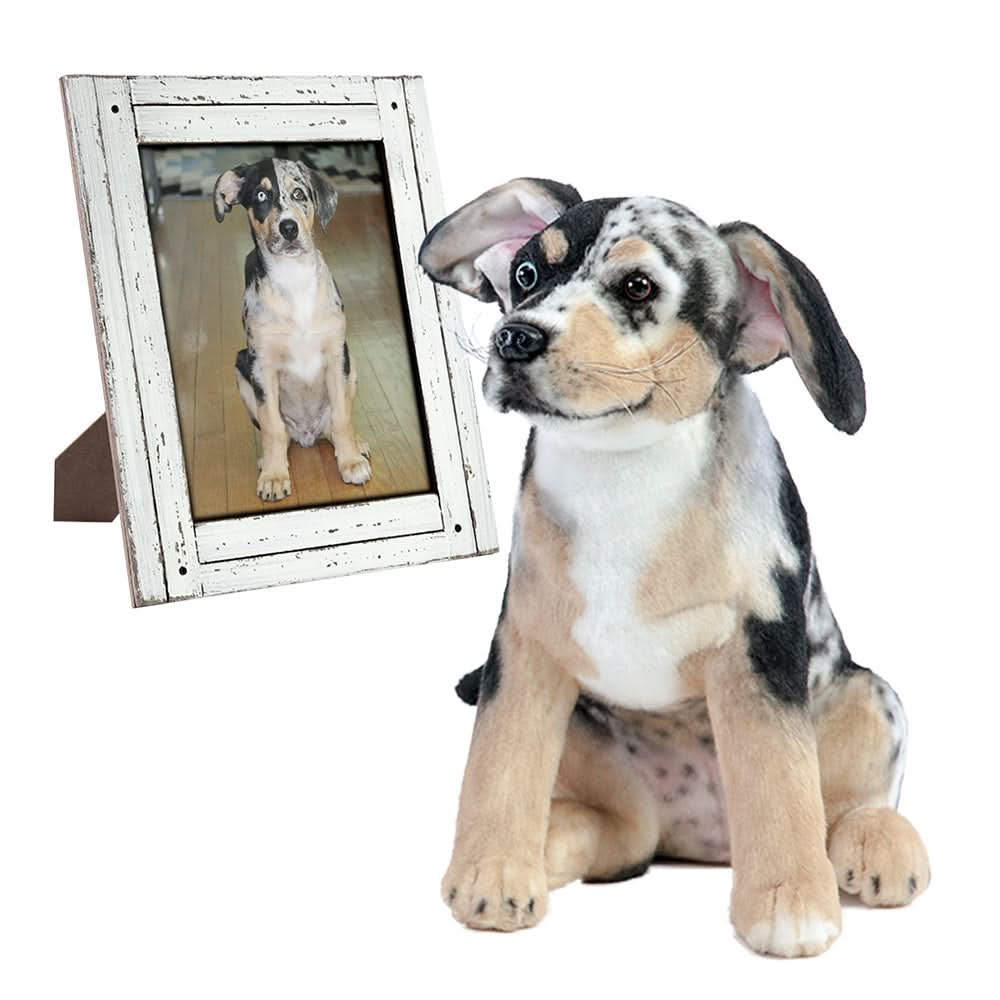


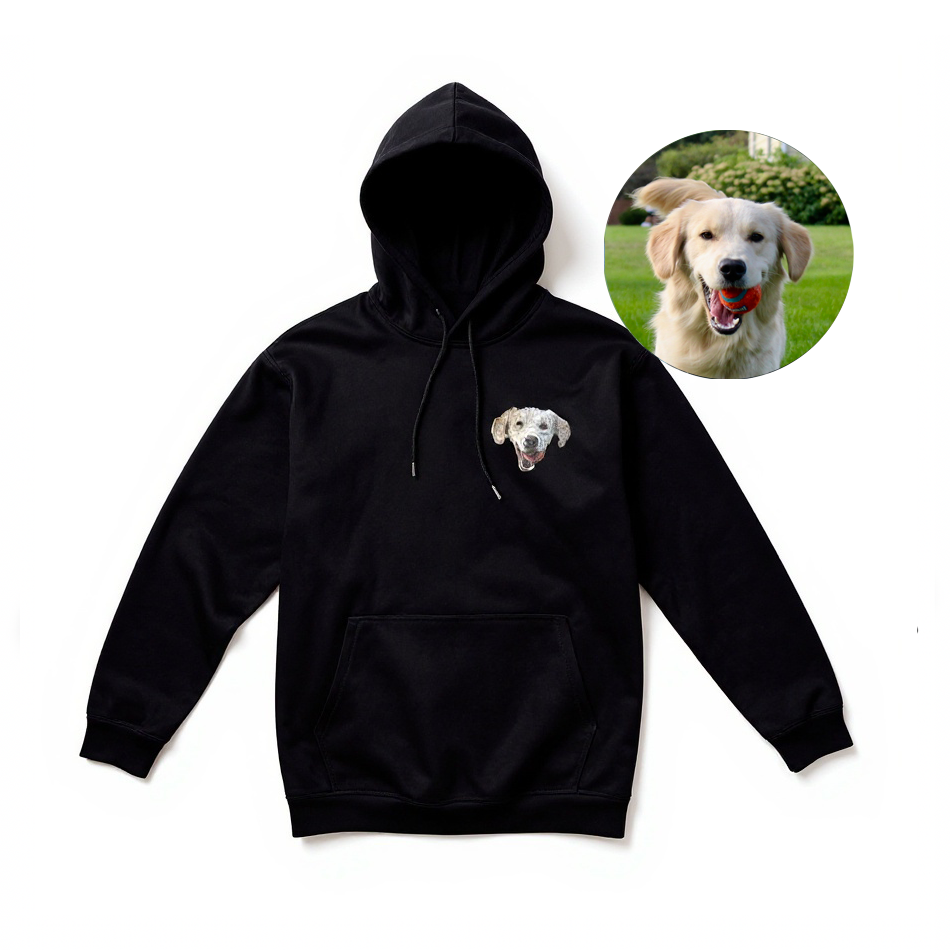

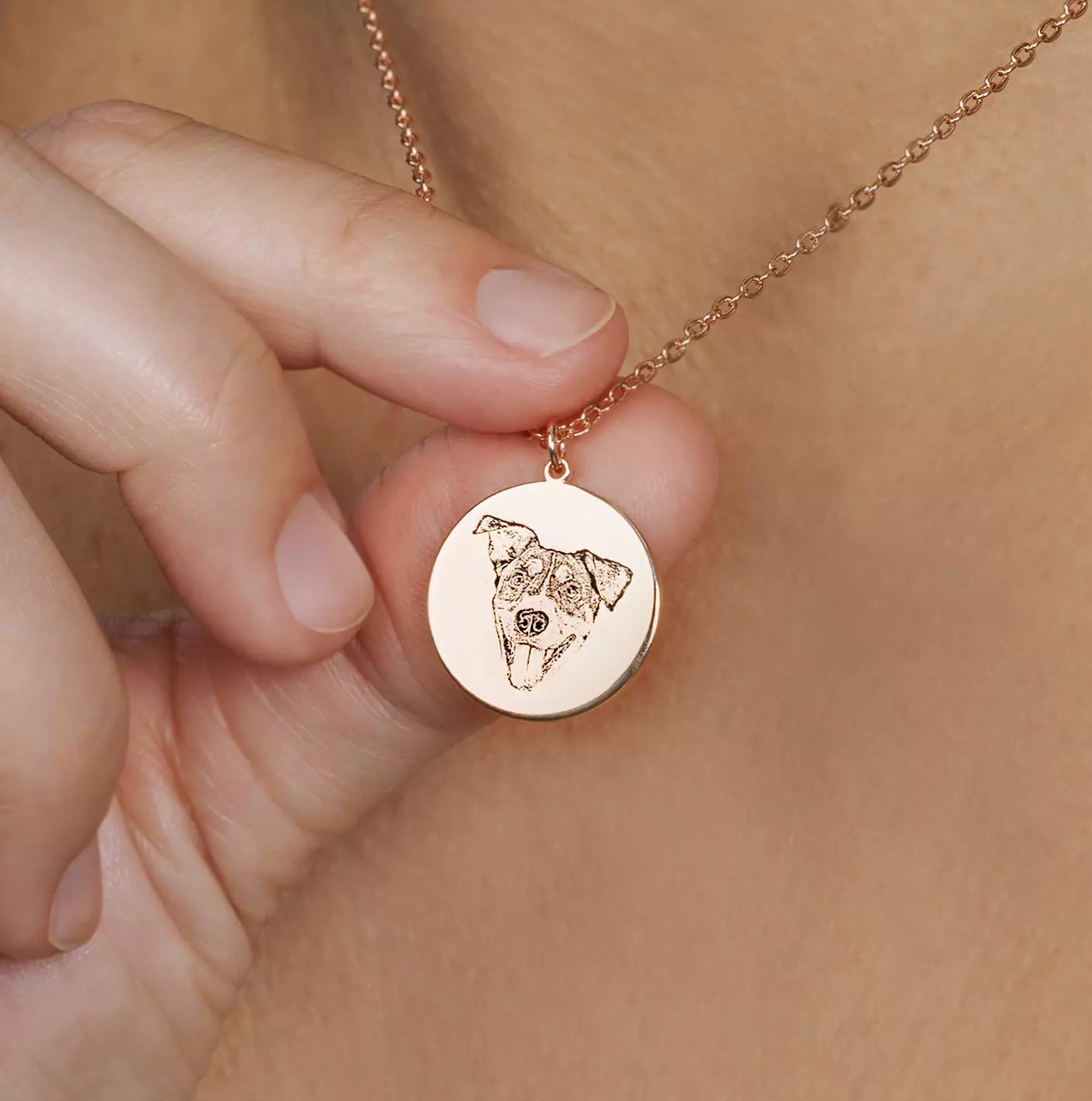
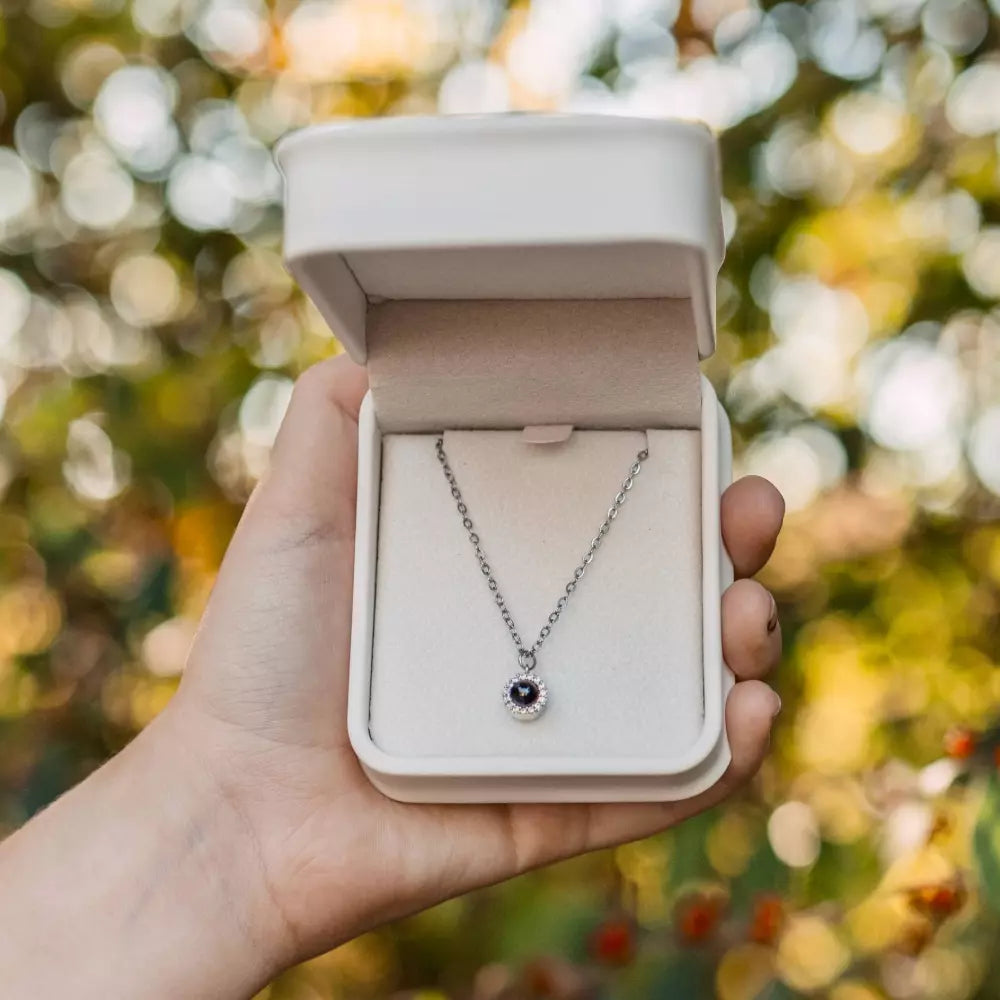
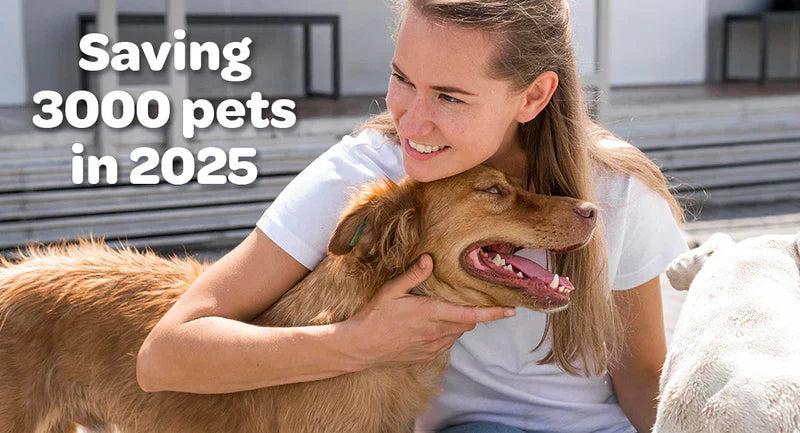
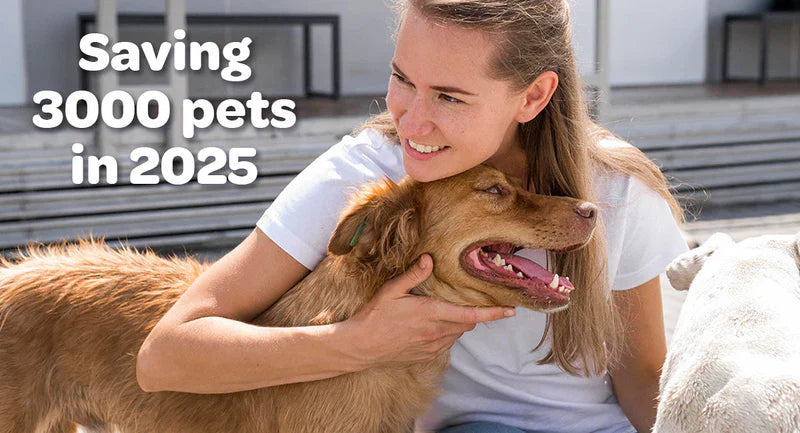
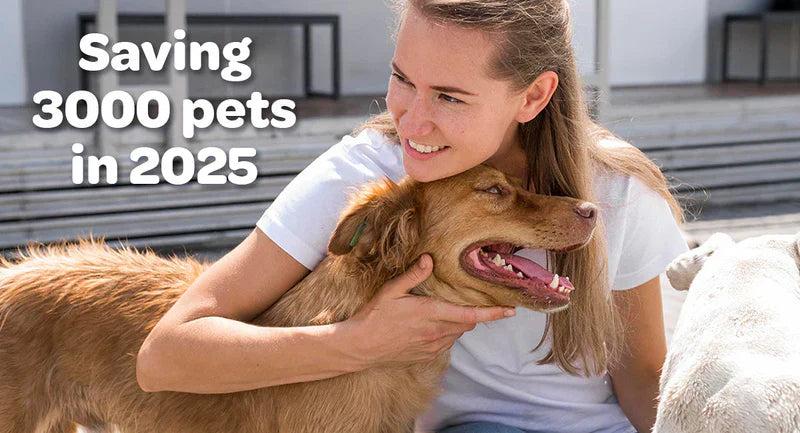
Leave a comment (all fields required)